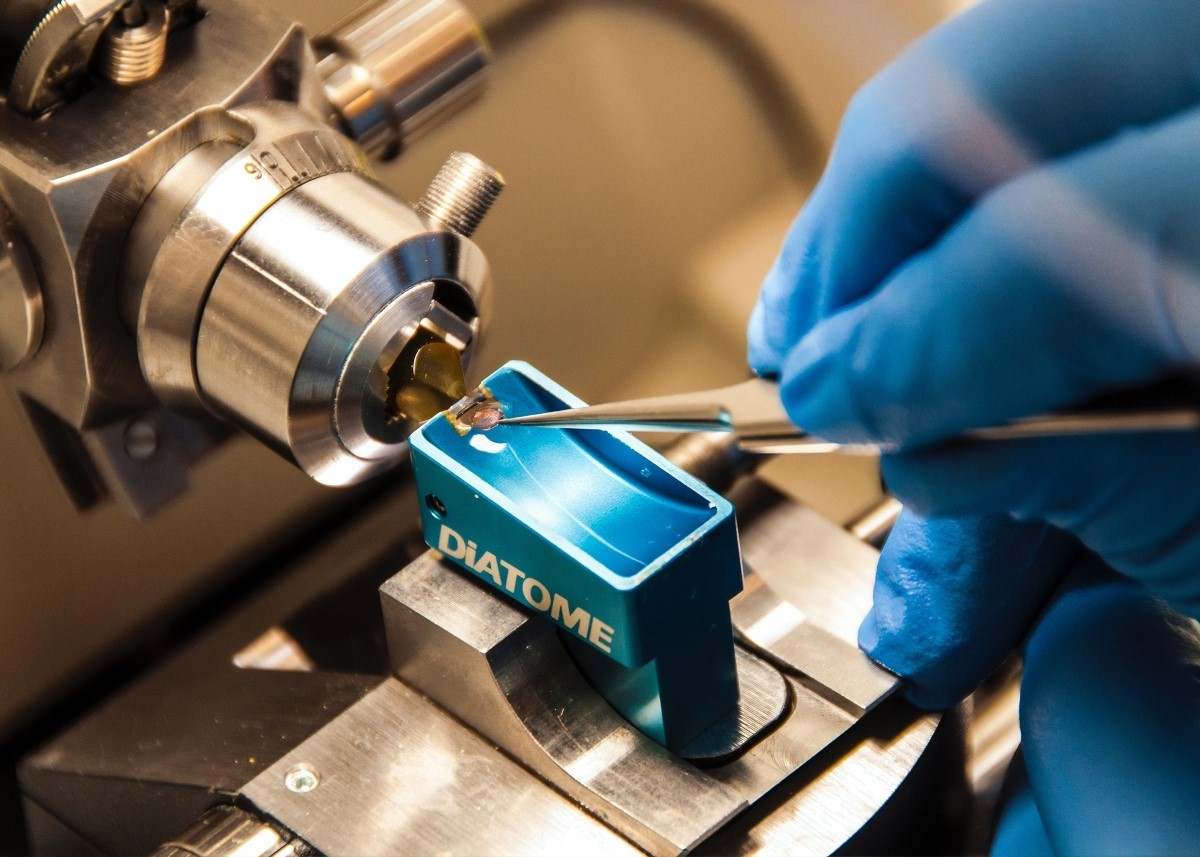Our Policy team have an update on the ongoing NICE methods and process review, and how we’re helping to ensure the system works for breast cancer drugs.
Our Policy team have an update on the ongoing National Institute for Health and Care Excellence (NICE) methods and process review, and how we’re helping to ensure the system works for breast cancer drugs.

What is the NICE methods review?
In autumn last year, NICE launched a public consultation that set out a case for change to the methods it uses to develop guidance on medicines, medical devices and diagnostics.
We welcomed this review by NICE; in fact, it’s been something we’ve been calling for. At Breast Cancer Now, we interact with NICE regularly, most often through its technology appraisal programme. Here, NICE has an essential role in evaluating the clinical and cost-effectiveness of new medicines and makes recommendations about their use on the NHS in England. Wales and Northern Ireland normally follow NICE decisions, while the Scottish Medicines Consortium (SMC) makes decisions about treatments on the NHS in Scotland.
Right from the start of the review, NICE has been clear that this is about ensuring their methods are robust, up-to-date and support the ambition of the NHS to provide high quality care that offers good value for patients in a cost-effective way.
This is such an important opportunity for us and other patient organisations to ensure the NICE methods review ultimately ensures new, clinically-effective medicines are reaching patients quickly, at a price that is affordable for the NHS. We also need a system that is fit for the future for the new kinds of personalised treatments that are emerging.
How has Breast Cancer Now been involved?
In addition to being a patient organisation representative on one of the NICE task and finish groups which enabled discussion of specific proposals, Holly in our Policy Team also sat on a patient working group alongside other patient organisations and senior leaders within NICE:
‘NICE set up a patient working group shortly after the NICE methods review was initially announced. They wanted to get feedback from patient organisations, explore other examples of patient involvement and ultimately identify themes that are important to patients. A number of recommendations were put forward to improve NICE methods and processes and we’re keeping a close eye on the review to see how these areas are being incorporated into the case for change.’
We’ve also worked as part of the Charity Medicines Access Coalition to review the current methods and propose a number of recommendations which we believe will ensure the NICE process is fit for the future.
We formally responded to the consultation at the end of 2020, highlighting that the work is a step in the right direction as it acknowledges the need for a more flexible, future-proof approach. We believe there are several key areas where more clarification is needed and we will continue to raise these issues while NICE is considering the responses.
What happens next?
NICE is currently reviewing all the responses to the consultation, and will be developing a new manual to guide future assessments. This will be consulted on later this year.
Alongside NICE reviewing their methods, they are also reviewing their processes. A consultation on this was launched in February which we are responding to. We welcome the basis set by NICE that processes should be fast, flexible and responsive to support rapid patient access to clinically and cost-effective medicines
Drugs are a cornerstone of breast cancer treatment. For example, for patients with secondary (metastatic) breast cancer, drugs can crucially extend the time before their disease progresses and extend their lives. Ultimately, we want to ensure the NICE methods and processes work for breast cancer drugs, for the benefit of patients both now and in the future.
We’ll keep you updated as things progress. For more information on the NICE review, visit their website.
If you're interested in finding out more about our work, you can keep up to date with our policy and campaign news by signing up to our campaign updates.